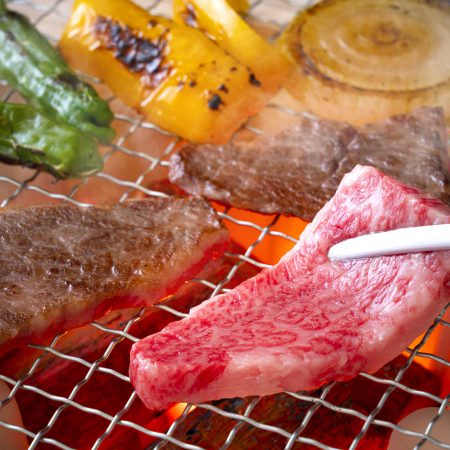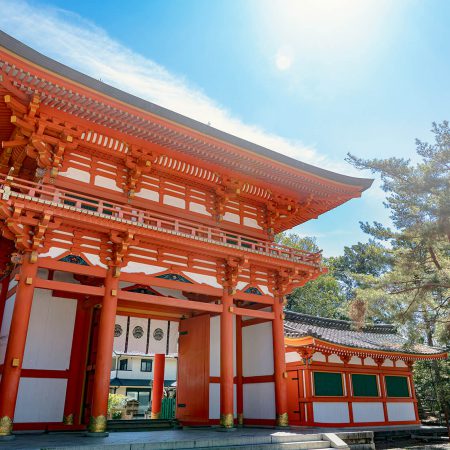Migration to Japan for the first time,10 items to be covered in the first 3 days

You’ve made all the necessary arrangements to start your new life in Japan. Now that your migration status has been approved, your next step is to get settled. You must be understandably nervous since you’re in an entirely new environment, but you got this! It’s simply a matter of knowing what you need to organize and how to deal with them.
Table of contents
Move to Japan: 10 Tips on Getting Settled

It’s normal for any new resident to have a period of adjustment in your new neighborhood. There are some important things you need to attend to so you could settle down much more quickly. Here are 10 things to get in order within the first few days of your migration to Japan:
Secure your residence card

First things first. You should get your residence card from the city hall for official registration. The Japanese government issues residence cards to all foreigners who stay in Japan for more extended periods. This card will contain your important personal information needed when obtaining a mobile phone, opening a bank account, and such. Think of this as a driver’s license that you should keep with you at all times.
The process for getting yours begins as soon as your plane ride to Japan. You will need to present official documents, including your residence card application forms, passport, and a copy of the address of your new home. Ideally, you should pick up your residence card from the city hall once you arrive in the country.
Get transit cards

Similarly, you should also purchase prepaid transportation cards early on. In Japan, there are special rechargeable cards called IC cards. These items are convenient rechargeable cards that you can use to pay for public transportation fares, shops, restaurants, and even vending machines!
Major IC cards include Suica, PASMO, and ICOCA. Be sure to get a card that you can use for the buses and trains in your region. The sooner you have an IC card, the sooner you can experience the comprehensive public transport system in Japan!
Sign up for health insurance

Once you arrive in Japan, we strongly recommend you to apply for National Health Insurance (NHI), which is the standard for local citizens. As a foreigner, this is your chance to get insured by a socialized scheme. This is best done within your first few days, since NHI might charge additional costs to cover the months following the date of your arrival.
If you’re migrating to Japan for work, your employer might sign you up for Employees’ Health Insurance (EHI). Accordingly, your employer will deduct social security contributions from your salary to cover hospital fees. This way, you can rest assured that you have health insurance while you work.
Notify officials

Another task you’ll need to sort out sooner than later is informing the office of the area you’re moving into about your relocation. Upon moving into your new home, you are expected to submit a notification the officials of the city, ward, or village within 14 days. You may also have to contact the local power, water, and gas companies to make sure they have conducted necessary safety measures in your new home.
It will help if you save the contact details of these companies. Also, the emergency numbers of Japan are different from what you’re used to back home. Be sure to list down important contacts such as your home country’s embassy, and the local fire department and coast guard.
Greet your neighbors

As a new resident, it’s customary to introduce yourself to your immediate neighbors. You could make a better impression if you offer a small gift such as snacks or dishtowels. It’s also traditional to give out hikkoshi soba(引っ越しそば)or buckwheat noodles, which are specifically handed out when moving into a new neighborhood.
Nowadays, such self-introductions might be more common in rural neighborhoods. Still, residents of apartment complexes are likely to appreciate this gesture. Also, given that you’re a foreigner, respecting Japan’s essential customs would show your eagerness to become part of the community.
Review basic etiquettes

You will have a new set of rules to follow if you want to become a member of the community. There are certain customs that Japanese people value greatly, such as controlling noise levels. Japanese homes tend to be built close together, with thin walls separating each of them. You’d do well to keep your voice down to avoid causing trouble with your neighbors.
Another custom you’ll have to get used to is leaving footwear outside before entering a home. You might as well provide slippers for your future house guests to save them the trouble of having dirty socks. Some restaurants and temples also require guests to take off shoes, so observing this custom at home is good practice.
Sort your garbage

Photo by Masahire Yochimi on Flickr
Japan is very particular about their trash. Another thing you could ask your neighbors about is the local waste collection service schedule. Services usually collect combustible trash such as paper and food waste twice a week. You’d also have to purchase special garbage bags for separate kinds of waste at local stores.
Every city has its own trash sorting system. Your local ward office will likely provide you with an English guide to sorting and recycling your waste. You can also check your local directory for more information anytime. Apartment buildings might even have their own unique method, so it’s a good idea to strike a conversation with your neighbors about the schedule they follow. You’d be doing your neighbors and yourself a favor when you maintain cleanliness.
Identify your local neighborhood association

In Japan, residents of an area form neighborhood associations known as jichikai(自治会)or chōkai(町会). Groups may be citywide or even limited to a housing complex. Jichikai or chōkai members organize community activities to promote comfortable lifestyles. They mainly get involved in relief operations to assist calamity victims.
Joining your local neighborhood association will be an opportunity to take on an active role in your new neighborhood. This is a great way to get to know your neighbors and form connections. You’d even have a chance to apply the language and etiquette skills you’ll be reviewing!
Connect with an expat community

Now that you’ll be living away from your native country, it’d be great if you had others who can empathize with your situation. You could connect with other expatriates (expats) through apps or websites! You might have already made arrangements with an expat community prior to coming to Japan. Once you finally meet up with them, they’ll gladly accommodate however they can!
You’ll get to navigate your neighborhood much better when you link up with expats who’ve been there longer. You might find some consolation in having similarly multilingual friends in Japan. After all, your adjustment period can be more relaxing when you have like-minded people around to help you out.
Learn the language

Finally, since you’ll be living in Japan from now on, you should really brush up on your Japanese language proficiency. Even if you’ve studied the language for years, you might have to continue reviewing basic lessons for effective communication. Remember that textbook Japanese might be different from the conversational level. It may prove useful if you actually get involved in daily activities to practice!
Surround yourself with the Japanese language. Pay attention to the symbols for recycling garbage, product labels at grocery stores, and different road and street signs. Think and speak in Japanese. Watch the news, TV shows, and converse with your neighbors. You’ll be fluent in no time!
Conclusion
The first few days of your new life in Japan might be a bit overwhelming to organize right away. With this simple guide, we’ve provided some official and recreational items that you might want to consider getting together before anything else. You’ll find that a simple introduction will go a long way. Eventually, you’ll make good friends with your neighbors, and you’ll fit right in your new home!
Motto Japan, the community platform to support foreigners with the foundation for life in Japan, including Japanese study, job opportunities, and housing service. Motto Japan Media will provide a wide variety of information for Japanese fans all over the world, to create a cross-cultural environment and enrich the life of foreign residents in Japan!













Leave a Reply